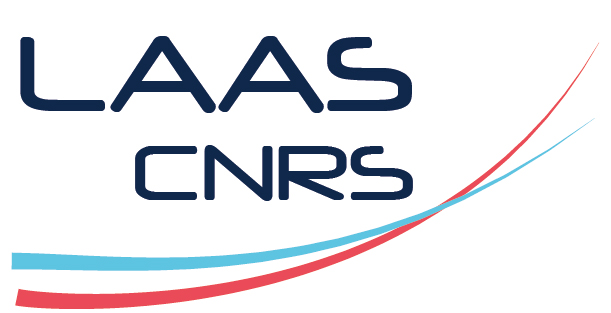À ce jour et dans les prochaines décennies, notre société va être confrontée à des défis majeurs en termes de ressources et de consommation d’énergie. En effet, la consommation de l’énergie mondiale est majoritairement liée aux transports et aux bâtiments. La plupart de cette énergie est produite à partir de ressources non renouvelables (pétrole, gaz, charbon) qui ont un impact négatif sur l’environnement et sont à l’origine de l’accroissement des émissions de CO2 et du réchauffement climatique.
Dans l’optique d’un développement durable, le défi majeur réside dans l’adoption de sources d’énergie alternatives dans les transports et les bâtiments nécessitant un changement de paradigme dans l’industrie de l’électronique de puissance. Les transports vont devenir “plus électriques“ et nécessiter de nouvelles générations de composants de puissance et d’architectures de conversion. Afin d’aboutir à une large pénétration des énergies renouvelables, une génération distribuée de l’énergie devient plus appropriée que l’approche centralisée actuelle, en particulier, pour l’énergie photovoltaïque.
Ces évolutions nécessitent une gestion performante des ressources, du stockage et de l’utilisation de l’énergie, largement conditionnée par la maîtrise des composants et des systèmes intégrés de puissance. Outre l’amélioration significative du rendement des systèmes de conversion de l’énergie, les défis de la gestion de l’énergie électrique résident dans le besoin d’une forte miniaturisation, l’évolution vers des systèmes de puissance intelligents pouvant être autonomes, dotés d’une fiabilité et d’une robustesse accrues.

Face à ces défis, l'équipe ISGE a orienté sa démarche scientifique vers l’intégration des systèmes capables d’assurer une fonction de conversion de l’énergie électrique opérationnelle et sécurisée. Il s’appuie sur la plateforme technologique du LAAS pour mettre en œuvre des approches 3D issues des technologies microélectroniques avancées (tranchées, lithographie double face…) et également de nouveaux matériaux, soit dans la filière silicium (matériaux magnétiques, diélectriques à fort ε, BCB), soit en tant que matériau semiconducteur de base (GaN, diamant). Dans cette perspective, l’activité scientifique est structurée selon cinq thématiques complémentaires et fortement interdépendantes :
- Micro-stockage de l’énergie
- Composants et intégration de puissance silicium
- Composants et intégration de puissance « grand gap » (GaN, SiC et diamant)
- Systèmes de conversion et de gestion de l’énergie (photovoltaïque, multi-sources)
- Fiabilité vis-à-vis d’agressions extérieures (décharges électrostatiques et radiations)

